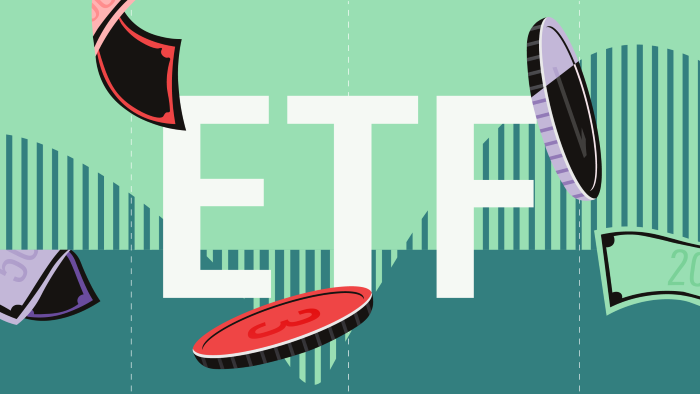
Have you ever lined up at the grocery store behind a price matcher? Often accompanied by a stack of flyers, coupons, or nowadays, an app on the smartphone – these savvy shoppers are known to save tens of dollars on grocery bills, likely to the chagrin of those lined up behind them, and the clerk who must manually adjust each tub of yogurt that should really be $3.99 instead of $4.99.
Although most of us are not extreme couponers, we all spend a reasonable amount of time shopping and comparing consumer goods. Case in point, a 2019 study from the Consumer Technology Association (the people behind CES), shows that on average it takes between 1 and 4 weeks for someone to select and purchase a new personal computer.
The irony here is that most Canadians probably don’t spend even a fraction of that time in selecting investments, which has a much larger impact on financial wealth over time.
An important area where frugal investors can save is on investment fund fees, expressed in Canada as the Management Expense Ratio, or MER. Coming in on average at roughly 2% for balanced funds, these fees typically include the cost to pay the fund manager, as well as the cost of distribution and financial advice from whoever sold you the mutual fund. Investors don’t pay these fees out of pocket; they are simply deducted from your assets invested each year. Over time fees are significant.
Morningstar puts a high value on good advice. In fact, we’ve quantified it. Whether this be through helpful tax, retirement, or succession planning, or simply with behavioral coaching to help navigate choppy markets, investors (particularly those with complex financial situations) often require the help of an investment professional which comes at a well-deserved cost. However, if you don’t need these services, it’s likely that you can save on fees, through the use of ETFs and DIY Mutual funds, which do not have embedded fees for advice.
Further savings can be found by investing passively (i.e. following an index) as opposed to paying a portfolio manager to make buy/sell decisions (known as active investing). Morningstar believes that in efficient markets, investing passively often beats out active when accounting for the higher management fees associated with active investing.
Let’s use Morningstar Direct to screen for the cheapest (and well-rated) funds from Canadian-domiciled ETF providers. Specifically, I searched for those that have:
- An annual management expense ratio (MER) of less than just 0.1 percent (noting that equity funds in Canada, on average charge 10x more than this, or 1%).
- A four- or five-star Morningstar Rating for Funds, indicating that the fund has historically outperformed respective category peers after fees, on a risk-adjusted basis. Our data shows that although the star ratings are backwards-looking, funds that have received five stars, as a group, outperform those that have received four or fewer stars in periods after receiving the rating. In other words, it’s more likely that a fund manager with a track record of outperforming peers will continue to outperform them in the future.
- Received a Morningstar Quantitative Rating of gold, silver, or bronze, which identifies funds that Morningstar believes will produce excess after-fee returns in the future, based on our analysis of people (quality of the management team), parent (stewardship of the fund company), and process (robustness of investment decision making).
The funds that met the above requirements are listed in the table below noting that these are overwhelmingly index (passive) ETFs:
It’s important to note that the Morningstar category is what investors should look to first, to understand what is held in each of these funds. The categories are also important considerations when putting together a well-diversified portfolio (which should include stocks and bonds, both domestic and international).
This article does not constitute financial advice. Investors are urged to conduct their own independent research before buying or selling any of the securities listed here.




















